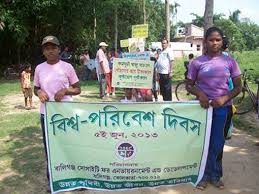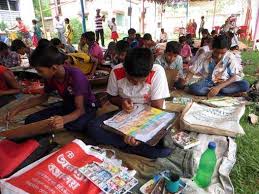Our Blog
Home / Blog
World Environment Day, 2013

Huge numbers of responsible people across the globe participated today for the protection of our planet to celebrate World Environment Day.




Home / Blog

Huge numbers of responsible people across the globe participated today for the protection of our planet to celebrate World Environment Day.



